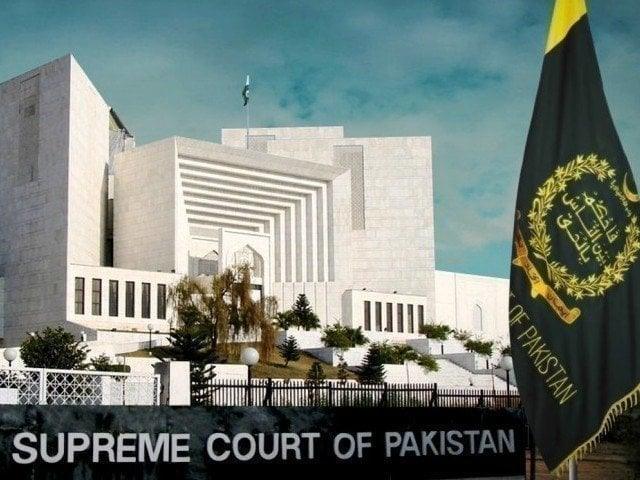Islamabad:
The Supreme Court has emphasized that civil service should remain free of political interference and observes that the bureaucracy is intended to act as the steel frame in the state, not a rubber stamp for any ruling political party.
The Apex Court gave up observations in a seven-page judgment written by justice Syed Mansoor Ali Shah, while devoting to Punjab Service Tribunal’s decision that had denied promotion to a teacher.
“The civilian bureaucracy acts as the backbone of the state entrusted to ensure continuity, stability and effectiveness of governance,” it states.
It emphasized that unlike political leadership that changes with election cycles, civil service provides “institutional memory and administrative stability required for uninterrupted government function”.
The lecturer’s case was forwarded to promotion through a working document submitted by the department.
However, on March 7, 2019, the Departmental Promotion Committee (DPC) postponed her promotion under the pretext that the rules demanded change and declared that campaigns would be considered subsequently.
Her representation against DPC’s decision was rejected on August 19, 2019, while her department’s appeal was rejected on November 29, 2019.
Therefore, she challenged both orders through a service appeal for Punjab Service Tribunal, Lahore, which was also rejected via an order dated January 10, 2022.
SC’s division bench, which was set aside to the court’s decision, noted that Civil Service played an important role in the implementation of policies, provided services and maintained the state’s institutional framework.
“A basic characteristic of an effective office service is impartiality and meritocracy. To perform this role effectively, civil service must remain free of political interference. Its independence, integrity and intellectual honesty are important to maintain the rule of law and the Constitution. Its allegiance lies in the Constitution and the law, not with changing political winds.”
With reference to Professor Lorne Sossin, the bench emphasized that officials were the guardians of public trust and their duty to loyalty to public interest must in some circumstances be a higher obligation than the loyalty obligation due to today’s government.
“They should not be punished for opposing government policies, especially in the event of illegal acts or threats to public security.”
“Max Weber’s classic theory of bureaucracy reminds us that only a professional, merit -based and politically neutral official service can maintain the rational legal authority of a modern constitutional state. A gladder consistently emphasizes that the official’s loyalty is to the state and its institutions, not to transucer political leaders or parties.”
The SC bench noted that we eventually “draws the strength of the words of our basic father, Quaid-e-Azam Muhammad Ali Jinnah, who said: Civilian officers should have no hand in supporting this political party or the political party, this political leader or political leader-this is not [their] business”.



